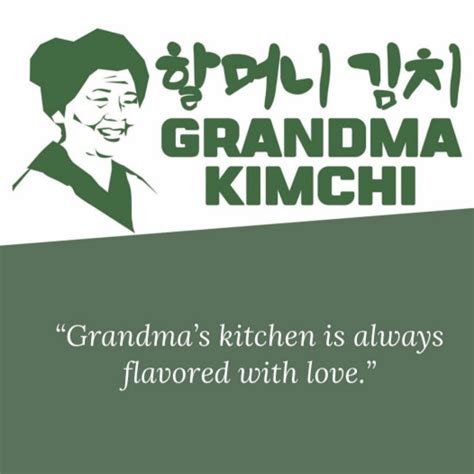In the quaint kitchen of my grandmother’s house, nestled among the clinking of pots and the sizzle of garlic, there lay a collection of stained notebooks. These notebooks, with their worn-out covers and yellowed pages, held the wisdom of generations, encapsulated in the form of kimchi proverbs. As I sat there, I felt a deep sense of responsibility to transcribe these proverbs, preserving the essence of my grandmother’s life and the culinary traditions of my heritage.
Kimchi, a staple in Korean cuisine, is more than just a fermented vegetable dish; it is a symbol of resilience, patience, and the essence of life itself. My grandmother, a master kimchi maker, had spent countless hours perfecting her craft, and in doing so, she had accumulated a wealth of knowledge and wisdom that she imparted through these proverbs.

One of the first proverbs I transcribed read, “Kimchi is like life; it takes time to ferment, but the longer it ferments, the more flavorful it becomes.” This proverb resonated with me as I reflected on the importance of patience and perseverance in life. Just as kimchi requires time to develop its unique taste, our personal growth and experiences require time to shape us into the individuals we are today.
Another proverb that caught my attention was, “When making kimchi, use only the best ingredients; life is too short to settle for less.” This proverb served as a reminder to always strive for excellence in everything we do, whether it be in our personal lives or our careers. Just as the quality of the ingredients determines the quality of the kimchi, the choices we make in life will ultimately shape our destiny.
As I continued to transcribe the proverbs, I found myself drawn to the stories behind each one. My grandmother would often share anecdotes that illustrated the meaning of these proverbs, making them come alive in a way that words alone could not. For instance, one proverb read, “Kimchi is like a mirror; it reflects the true nature of the person who makes it.” This proverb was a testament to the honesty and integrity that my grandmother possessed, and it inspired me to strive for the same qualities in my own life.
Transcribing these kimchi proverbs was not just a task; it was an emotional journey. As I read each proverb, I felt a connection to my grandmother and the generations that came before her. I realized that these proverbs were more than just words on a page; they were a testament to the strength, resilience, and love that had been passed down through the generations.
In the end, transcribing Grandma’s kimchi proverbs in stained notebooks was a way for me to honor my grandmother’s legacy and the rich cultural heritage that she represented. These proverbs will serve as a constant reminder of the values and principles that have shaped my life, and I hope that they will inspire others to embrace the wisdom of their own ancestors and pass it on to future generations.
